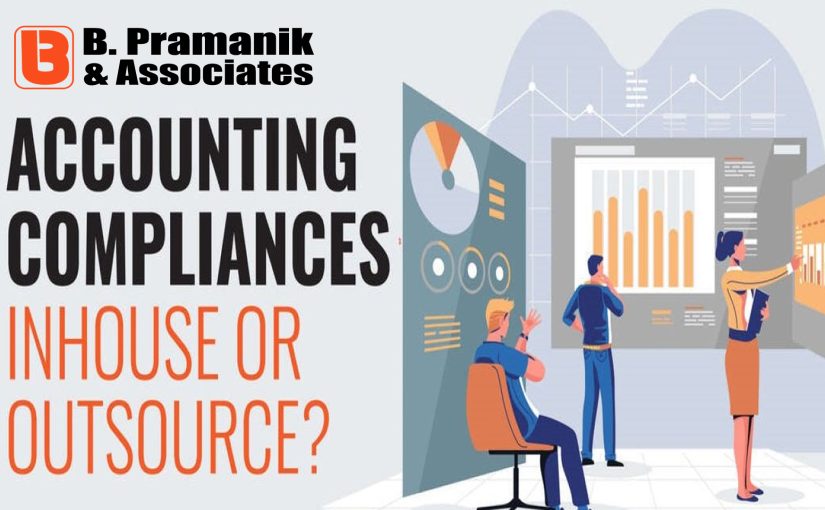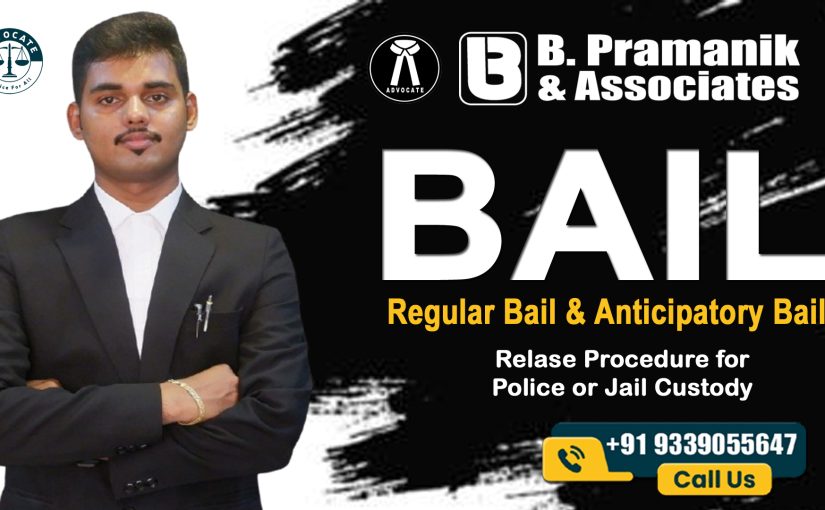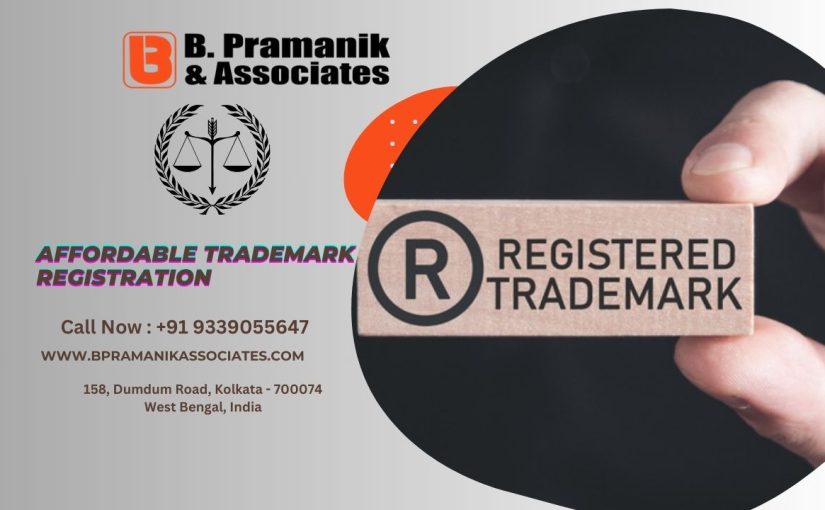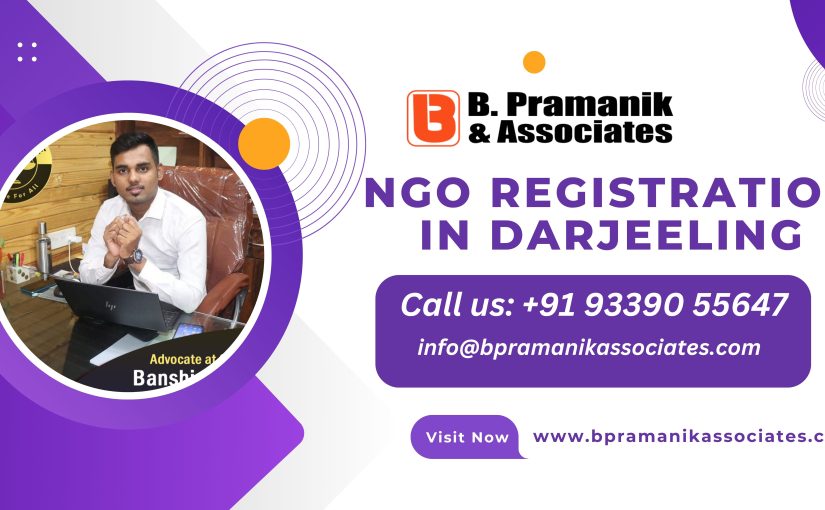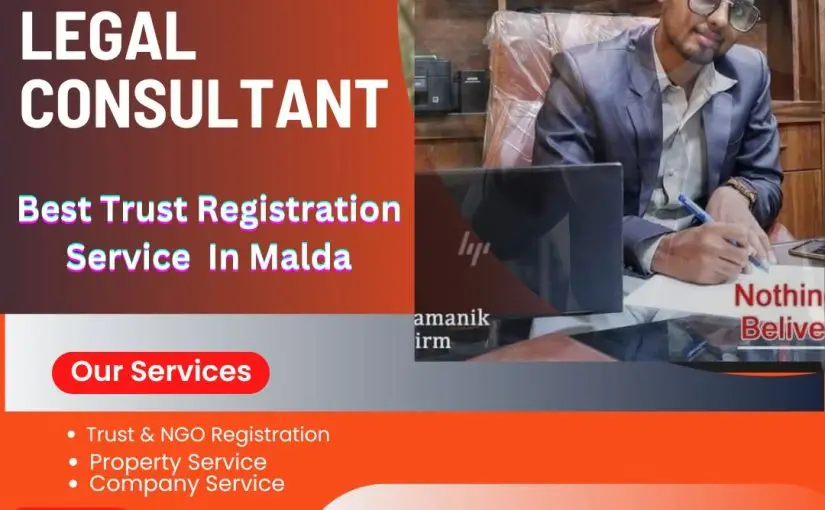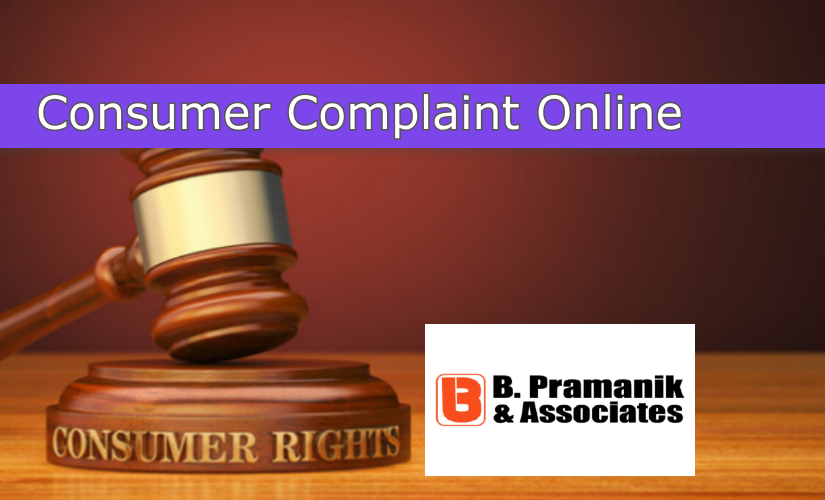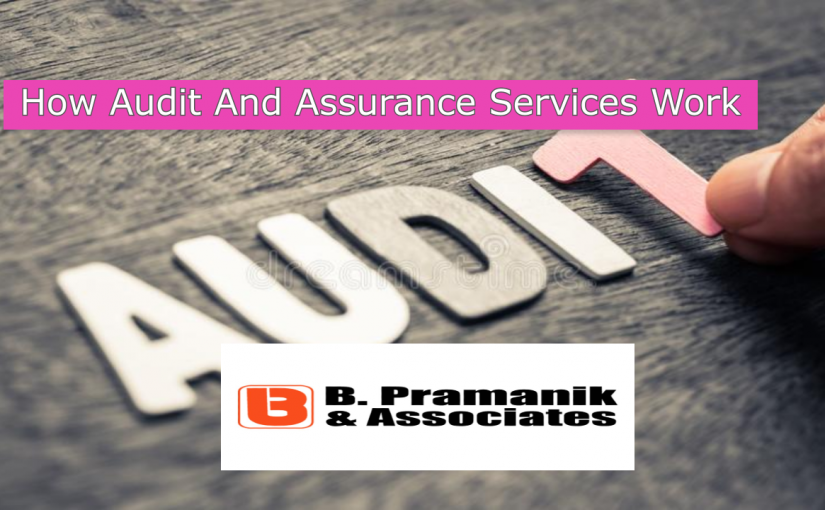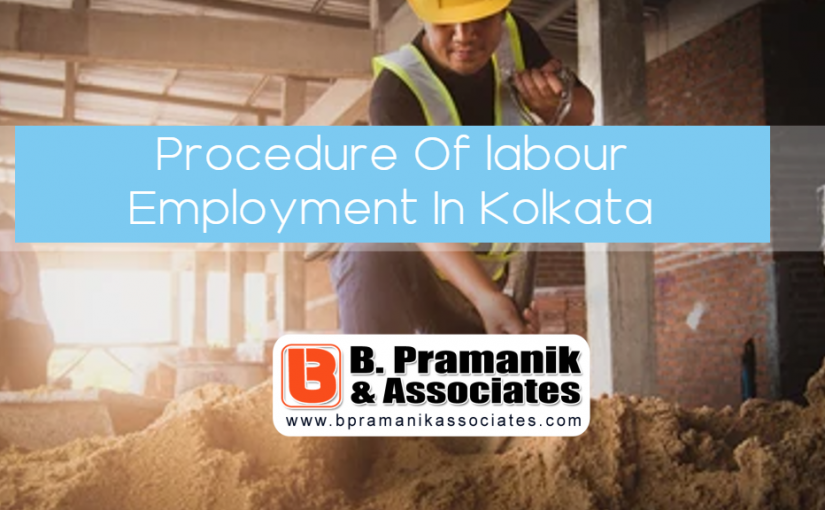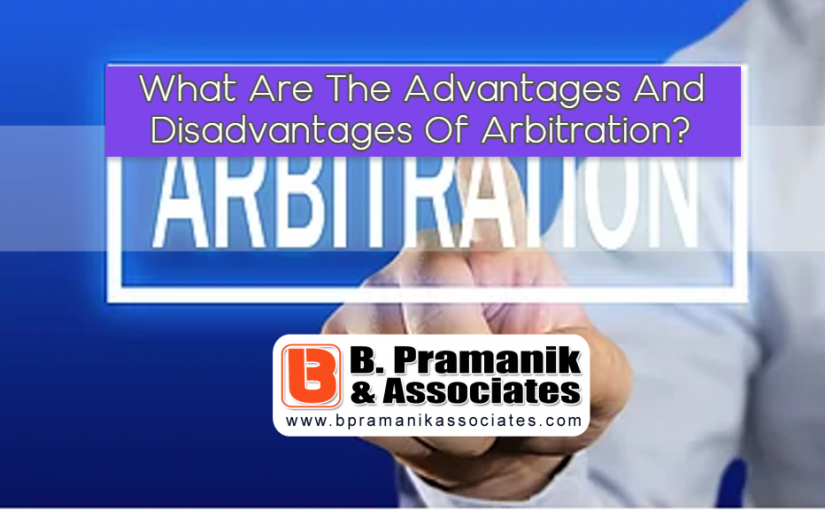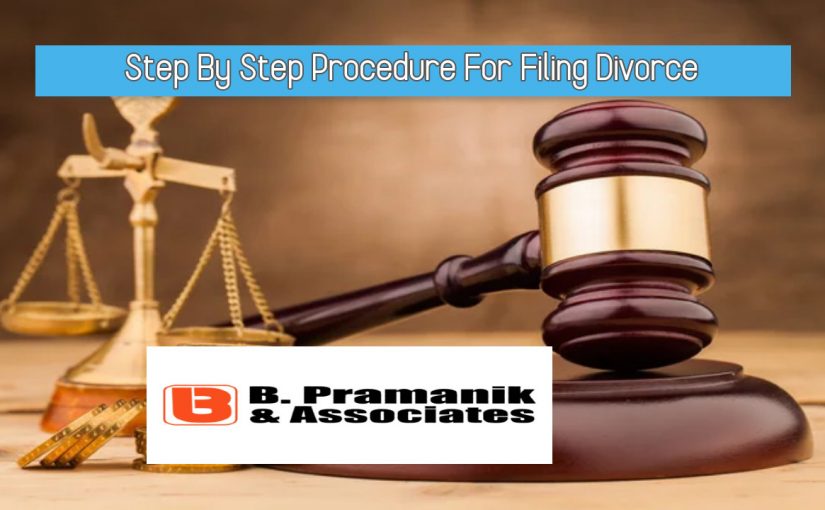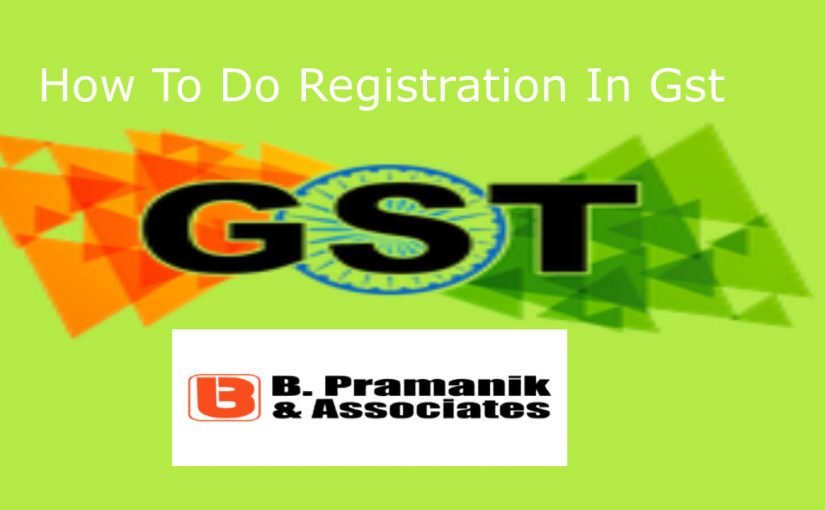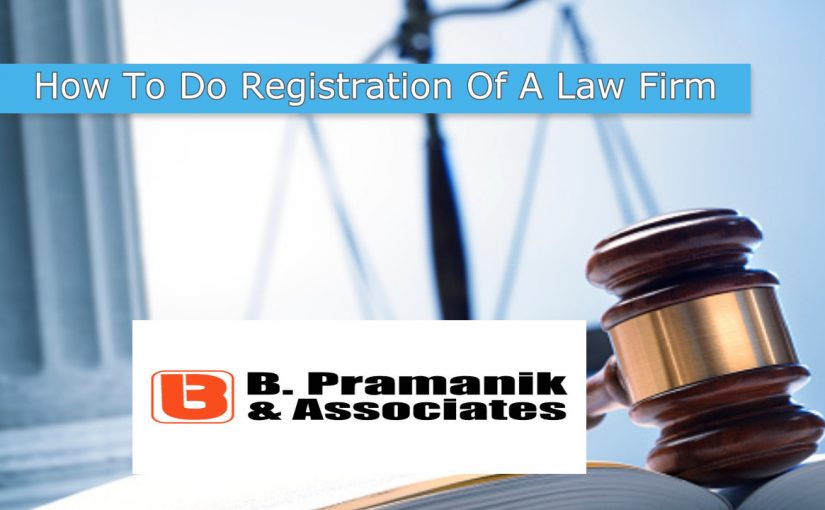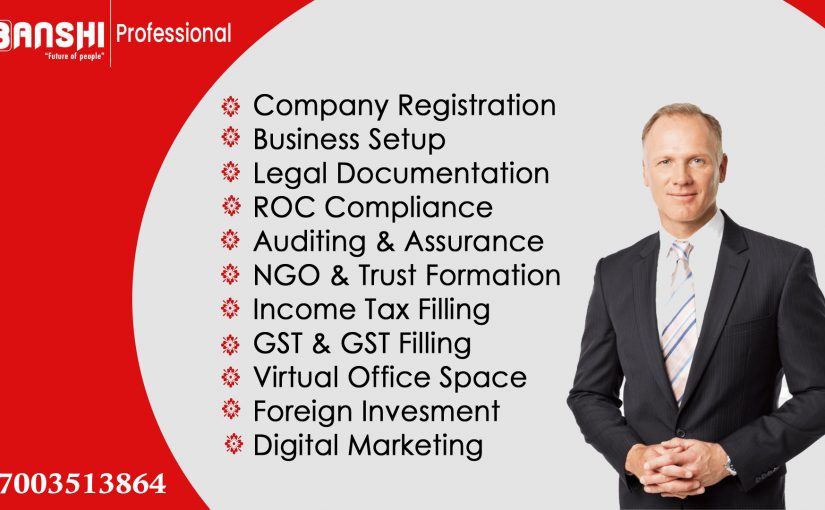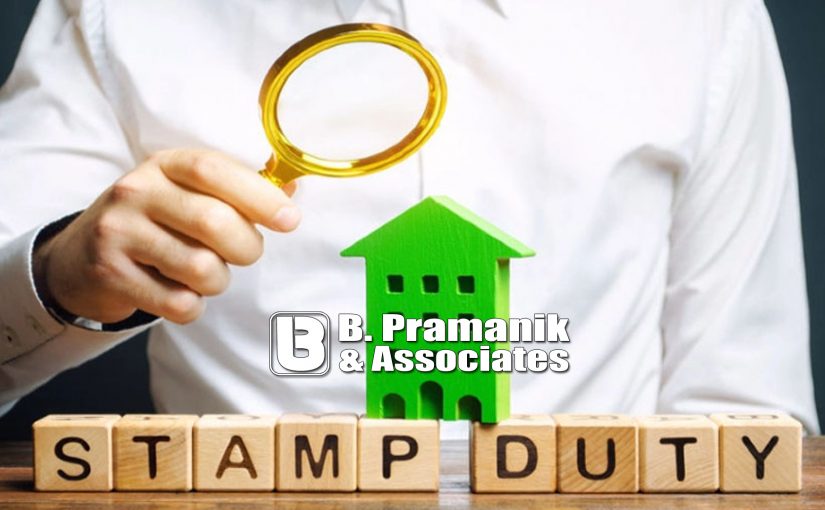
West Bengal stamp duty and registration charges
Do you want to purchase a property in West Bengal? Are you confused by the recent changes in the Property Registration Act of 2023? Don’t worry, we have you covered! In this blog post, we will discuss the latest West Bengal stamp duty charges for property registration, how to calculate West Bengal stamp duty and other useful information for property owners and real estate investors. We will also provide some helpful tips for reducing the cost of property registration in West Bengal. So, let’s begin!

2023 West Bengal Property Registration Charges
As the new year begins, it’s important to take stock of your finances and make sure that you’re ready for the upcoming changes. One of the biggest changes that you might experience is a change in property registration fees. In West Bengal, registration fees will increase from January 1st onwards. The new rates are as follows:
– Stamp duty on transfer of property
– Registration fee
– Different rates depending on the area
– Documents required for registration depend on the type of property being registered
– The online process and fees for registering a property in West Bengal are as follows:
– Registration fee (if applicable) Payment through NEFT or RTGS bank transfer only. No need to go through any third-party service providers like eKYC or MobiKwik.
– If you wish to avail of any concessions such as exemption from stamp duty or reduction in document requirement, you will have to approach the respective authority directly. However, there is no charge for this service. It’s just an added convenience!
How West Bengal Has Increased Stamp Duty and Registration Fees
The West Bengal government has recently announced a new policy on Stamp Duty and Registration charges. This new policy will have a significant impact on the real estate market in the state. We have outlined the key points of this policy below, along with its latest rate of registration, stamp duty, and other associated fees.
First, it is important to note that this new policy will have a significant impact on property registrations that are made before 31st December 2020. From 1st January 2021 onwards, all property registrations will be subject to a revised penalty for late registration. This means that buyers who register their properties after this date will be subject to an additional slapped tax (in addition to the existing stamp duty and registration fees).
We also wanted to let you know about some of the benefits that you can expect from this revision in stamp duty & registration fees.
For example, if you are buying a property registered before 31st December 2020, the revised stamp duty is only Rs 2 lakh (as opposed to the original rate of Rs 5 lakh). Furthermore, there is no need to pay any additional registration or stamp duties if your property is registered after 01st January 2021 but before 31st December 2020.
Finally, all properties registered in West Bengal before 31st December 2020 are eligible for various government schemes such as housing schemes and scholarships. So make sure you take advantage of these benefits while they’re still available!
Now that you know more about this recent policy change from the West Bengal government, it’s time to take action and proceed with your property registration post-amendments in Stamp Duty & Registration charges! Remember – if your property was registered prior to 01st January 2021 but after 31st December 2020 then there is no need to pay any additional taxes or fees!
What Is West Bengal Stamp Duty?
When you’re looking to buy a property in West Bengal, it’s important to be aware of all the fees that may apply. One of these fees is West Bengal Stamp Duty, and here we’ll provide you with an overview of this tax as well as its associated fees.
West Bengal Stamp Duty is a tax that’s levied on the purchase of property in West Bengal. The stamp duty cess is applicable to this tax and helps to fund various government projects. As such, it’s important to understand what these fees are and how they will affect your transaction.
Additionally, there are documentary requirements that must be followed in order to pay this tax – whether you’re purchasing property through an agent or directly from the seller. Finally, we’ll discuss some tips on how to reduce your taxes when purchasing a property in West Bengal, as well as explore some of the available exemptions and concessions.
Overall, understanding how West Bengal Stamp Duty works and what fees are associated with it is essential for anyone looking to buy a property in this beautiful state. By knowing what’s required and taking the right steps ahead of time, you can avoid any unpleasant surprises down the road.
Understanding The Different Fees For Registration In West Bengal
When it comes to buying or selling a property in West Bengal, you’ll likely need to pay some fees. Understanding these fees and what they apply can help make the process easier.
First and foremost, there are the stamp duty and registration fees applicable in West Bengal. Stamp duty is a tax that’s levied on the purchase of a property, and it ranges from 0.5% to 2%. The registration fee is also applicable during the property purchase process. Both of these fees are payable at the time of sale or purchase.
The stamp duty is calculated based on the value of the property as well as its location in West Bengal. For example, if you’re purchasing a property worth Rs 1 crore, then your stamp duty would be Rs 50 lakh. If you’re purchasing a property that’s located outside of West Bengal, then no stamp duty will be levied on it. However, if you’re purchasing a property that’s located within West Bengal but outside of any district, then your stamp duty will be 0.5% of the value of the property plus Rs 10 lakh.
In addition to paying Stamp Duty, it is also mandatory to pay a transfer fee when buying or selling a property in West Bengal. This transfer fee is calculated based on the amount of money being transferred – for example, if you are transferring an amount, then you will have to pay an additional charge called TEE. The transfer fee for buying properties ranges from 2% to 4%, while for selling properties it ranges from 3% to 5%. Again, both of these charges are payable at the time of sale or purchase.
After paying all the required taxes/fees related to registering/purchasing a property in WB, what else do you need?
To register land under the WB government, you need the following documents: 1) Electoral Roll; 2) Land Registration Certificate; 3) Proof of Ownership of Land; 4) Photo-Identity Proof; 5) Residential Plot Planner’s Certificate. If purchased through an Agent: 6) Agent’s Licensee Identification Card. If purchased without an Agent: 7) Original Deed of Sale and Transfer of Title in Form V(A).
Following are some other essential documents that may be required during various stages linked with property Registration such as-
1)Copy of the Agreement to Sell/Conveyance Deed;
2)Latest Property Tax Receipt;
3)No dues or Encumbrance Certificate issued by the Sub-Registrar Office;
4)Copy of Identity and Address Proof of both buyers (in case of Sale deed registration
5)Succession Certificate in case of property transfer due to inheritance
6)Income Tax PAN Card of the Buyer & Seller
7) Declaration of Disclosure of Interest in the Property, if applicable
8)Copy of the Title Deed of the Property Owner
9) RBI Guidelines
10)Possession letter
11) NOC(No Objection Certificate) from the Developer, builder,
12) affidavit of a Seller and Buyer
13) Release the deed of the seller or transferee in case of a property sale or transfer
14) Sale consideration structure or payment agreement and details
15) Map
16)Immovable Property Return (IPR)- signed by the Owner of the Property
17)Joint Development Agreement
18)Notarised Power of Attorney (for registering the sale deed in case of proxy registration by the buyer)
19)Road Cutting or Electrical Charges if any
20) Clearance Certificate from a Chartered Accountant
21) Affidavit for Property belonging to a Minor
22) Affidavit for Title and Possession of the Property
23) Form 33 and Form 37 from the Stamp Duty Office
24) Authorization Form in case of ONLINE registration of Sale Deed
25) Receipt of advance payments if any
26) Receipt of the registration charges
27) Property Valuation Certificate from a Registered Valuer
28)Certificate from the Municipality for property tax clearance
29) Sanction letter from Bank
30) Certified Copy of Conversion Order (if applicable)
31) Consent letter from the Owner of the Flat in case of Co-ownership Property Transfer
32) Original Endorsement Registered with the sub-registrar’s
33) Business Financial Statement of the Seller
34) Certified Copies of Incumbency Certificates
35) Copies of Property Tax Receipts
36) No Objection Certificate from the Housing Society for the Transfer of Property;
37) Original Copy of the NOC from the Financial Institution in the Office
33)Sales Deed Receipt;
34)NO Objection.
How To Calculate West Bengal Stamp Duty?
When you buy or sell a property in West Bengal, you’ll likely have to pay stamp duty and registration charges. Stamp duty is a tax that’s charged on the value of the property that’s being purchased or sold. Registration charges are also typically levied in West Bengal, and these charges relate to the formalities of registering the transfer of ownership of a property.
To calculate stamp duty and registration charges in West Bengal, you need to understand the legal provisions governing these matters. For example, you’ll need to know how much stamp duty is payable on different types of properties, as well as which documents need to be registered. Finally, it’s important to understand how the Stamp Office functions in relation to stamp duty calculations – it can help reduce your rates substantially.
Below is a checklist of what needs to be done in order to pay stamp duty and registration charges in West Bengal:
– Calculate the total amount of stamp duty that must be paid
– Identify which documents will require stamps (this may include property deeds, mortgage papers, etc.)
– Obtain valid stamps for each document required
– File all required documents with the relevant authorities
– Pay applicable taxes (e.g., income tax)
Latest Changes In The Registration Act Of 2023
The Registration Act of 2023 is a set of laws that govern the registration of businesses in India Recently, there have been a number of changes to these laws, which are summarized below.
First and foremost, there has been a change in Stamp Duty – now it is known as nonjudicial Stamp Duty. This means that businesses don’t need to pay Stamp Duty if they are registered using the online system or if they submit their application on or before the due date. If you’re using the paper application process.
Additionally, there have been changes to the Registration Form and Documents. The Registration Form now has spaces for both employer and employee names, plus addresses and dates of birth.
The Documents section now includes information about whether your business is foreign-owned or controlled by foreigners, your tax status (whether you’re self-employed or not), your annual turnover, and whether you’re registered for PAYE or VAT. The Documents section also includes information about whether your business is an LTD. (limited).
Finally, there are new provisions in the Registration Act of 2023 that modify some existing laws related to registering businesses.
For example, employers who employ fewer than six employees don’t need to register anymore, certain trusts don’t need to be registered, companies that only trade during certain periods (such as seasonal businesses) don’t need to be registered, PVT LTD. and limited (LTD.) can now be formed without including any members who are not Indian citizens or resident aliens.
If you’re currently dealing with any issues related to registering your business in India, it’s important to speak with an experienced lawyer who can help guide you through all of these changes. By doing so, you can ensure that your company complies with all applicable laws and doesn’t run into any penalties along the way!
Considerations For Modern Buyers In West Bengal
Buying a property in West Bengal can be a great investment, and there are many benefits to registering your property with the government. Not only will you be able to secure your property and avoid any future disputes, but you will also be eligible for tax breaks and other incentives.
In this section, we will outline the documents that you will need to register your property, as well as some of the taxes that may apply. We will also provide information on how to pay stamp duty in West Bengal, as well as discuss some of the other considerations that buyers should take into account when purchasing a home in this beautiful state.
When registering your property with the government, make sure to bring along the following documents: receipt for stamps or stamp papers (if applicable), proof of citizenship (e.g., Indian passport or voter ID card), and an affidavit of ownership. The cost of registration amount may change depending on the location and type of property being registered.
Once your property is registered, you will also need to pay coram fee which is equivalent to 1% of the value of the land or building being registered. This fee helps fund various government programs such as land acquisition and infrastructure development.
Finally, West Bengal imposes various taxes on properties – both residential and commercial – depending on their type and location.
For example, properties located in major cities such as Kolkata are subject to higher taxes than rural properties. It’s important for buyers to understand these differences so they can make informed decisions about where they want to live in West Bengal!
In addition to registering your property with the government, there are several other ways that buyers can protect themselves while making purchases in West Bengal:
by understanding what type of loan they require, verifying all information provided, and requesting a copy of any legal documents (such as deeds) beforehand. And if buying without registering doesn’t appeal to you? That’s perfectly fine – understanding all the implications involved before making any big decisions is essential for anyone looking into buying a home in this beautiful state!
FAQs On West Bengal Property Acquisition Charges And Stamp Duties For Property Owners And Real Estate Investors
When it comes to buying a property in West Bengal, there are a few important things to note. First and foremost, you will need to pay Stamp Duty and Registration Charges. These fees vary depending on the type of property that you are buying, but generally, they will be around 2-5% of the purchase price. Additionally, you will need to provide documentation such as your identity card and proof of residence.
The registration process can take up to 30 days, so make sure that you have all the required documents ready when you go to register your property.
There are some important exemption rules that apply when it comes to stamp duty for agricultural lands in West Bengal.
For example, if you are purchasing land for agricultural purposes, there is no stamp duty charge at all! Additionally, any transfer or mutation fees associated with the property transfer are also exempt from stamp duty.
When it comes to real estate deeds, notarization is usually required in West Bengal. This means that a notary public will come and verify the signatures on the deed before it can be registered with the government.
There is no charge for notarization in West Bengal, however, there may be some other fees applicable such as recording charges or filing fees. In order for capital gains on real estate investments in West Bengal to be taxed appropriately, accurate calculations must be made using relevant tax laws and calculations.
Finally, there are a number of tax incentives available for real estate investors in West Bengal, including depreciation benefits and interest deductions on borrowings incurred during the purchase and construction phases. So, whether you’re looking to buy your first home or invest in an existing property, remember to consult our blog for all the latest information on property acquisition charges and stamp duties in West Bengal!
Smart Tips For Reducing The Cost Of Property Registration In West Bengal
When it comes to property registration, everyone in West Bengal is trying to save money. Whether you’re buying a house or selling one, there are many ways to reduce the cost of stamp duty and registration charges. In this section, we will outline the legal framework for stamp duty and registration charges in West Bengal, along with some tips on how to save on these fees.
West Bengal has a complicated legal framework for stamp duty and registration charges. To understand what you’re paying for when registering your property, it’s important to understand the different slabs of duty that apply.
Each slab of duty is based on a certain value of the property being registered, so make sure you know which one applies to your situation. Additionally, be sure to familiarize yourself with the procedure for property registration in West Bengal – there are specific steps that need to be followed in order to avoid delays or mistakes.
Finally, don’t forget about government incentives and schemes that are available for property registration.
Many times these incentives can amount to sizable savings on fees. And if you do opt for a loan to finance stamp duty and registration fees, make sure you understand all of the terms & conditions before signing anything! By taking these simple steps, you can significantly reduce the cost of registering your property in West Bengal.
How To Take Advantage Of West Bengal Government Incentives For Property Registration
If you’re thinking of buying a property in West Bengal, now is the time to take advantage of some great government incentives. These incentives are available each year, and the process for registering your property is straightforward. By following these steps, you can be sure that you’re taking advantage of all the available benefits.
First, it’s important to understand what are the West Bengal Stamp Duty Charges. These charges vary depending on the type of property that you’re trying to register, but they generally range from 2% to 10%. Additionally, there are a number of other fees and taxes that may apply – such as registration fees or stamp duty on transfer deeds.
Next, it’s necessary to know what are the incentives for registering your property each year. In general, there are three main incentives:
1) reduced stamp duty rates for first-time buyers.
2) concessions for senior citizens and persons with disabilities
and
3) exemption from Value Added Tax (VAT).
However, there may be additional benefits available depending on your situation. So it’s important to consult with a tax advisor or lawyer as soon as possible if you plan to register a property in West Bengal.
The registration process itself is fairly straightforward. You will need to gather the required documents and pay any applicable fees before submitting your application. The latest changes in the West Bengal Government Property Registration rules and regulations can be found online at www.wbgprcdotin/. So it’s always helpful to check this website before making any decisions about registering your property in West Bengal. In addition, we recommend that you contact one of our local advisors who can help guide you through all the details associated with purchasing or owning a property in this beautiful state!
All In All
In conclusion, the West Bengal government has recently revised its Stamp Duty and Registration Charges for property registration. This new policy will have a significant impact on the real estate market in West Bengal, with revised stamp duty and registration fees ranging variable sometimes. We also discussed how to calculate West Bengal stamp duty as well as some helpful tips for reducing the cost of property registration in West Bengal. Now that you know more about this recent policy change from the West Bengal government, it is time to take action and proceed with your property registration post-amendments in Stamp Duty & Registration charges! Take advantage of the available benefits and discounts while they are still available.
If You are feeling stuck or overwhelmed with a project you’re working on? Don’t worry, I’ve got your back! I offer a range of professional services that can help you overcome any challenge and reach your goals. Whether you need expert advice, personalized coaching, or a customized solution to meet your unique needs, I’m here to help. I’m passionate about empowering others to achieve their dreams, and I can’t wait to work with you!
So, what are you waiting for? Reach out to me today, and let’s get started on creating a brighter future together!”


